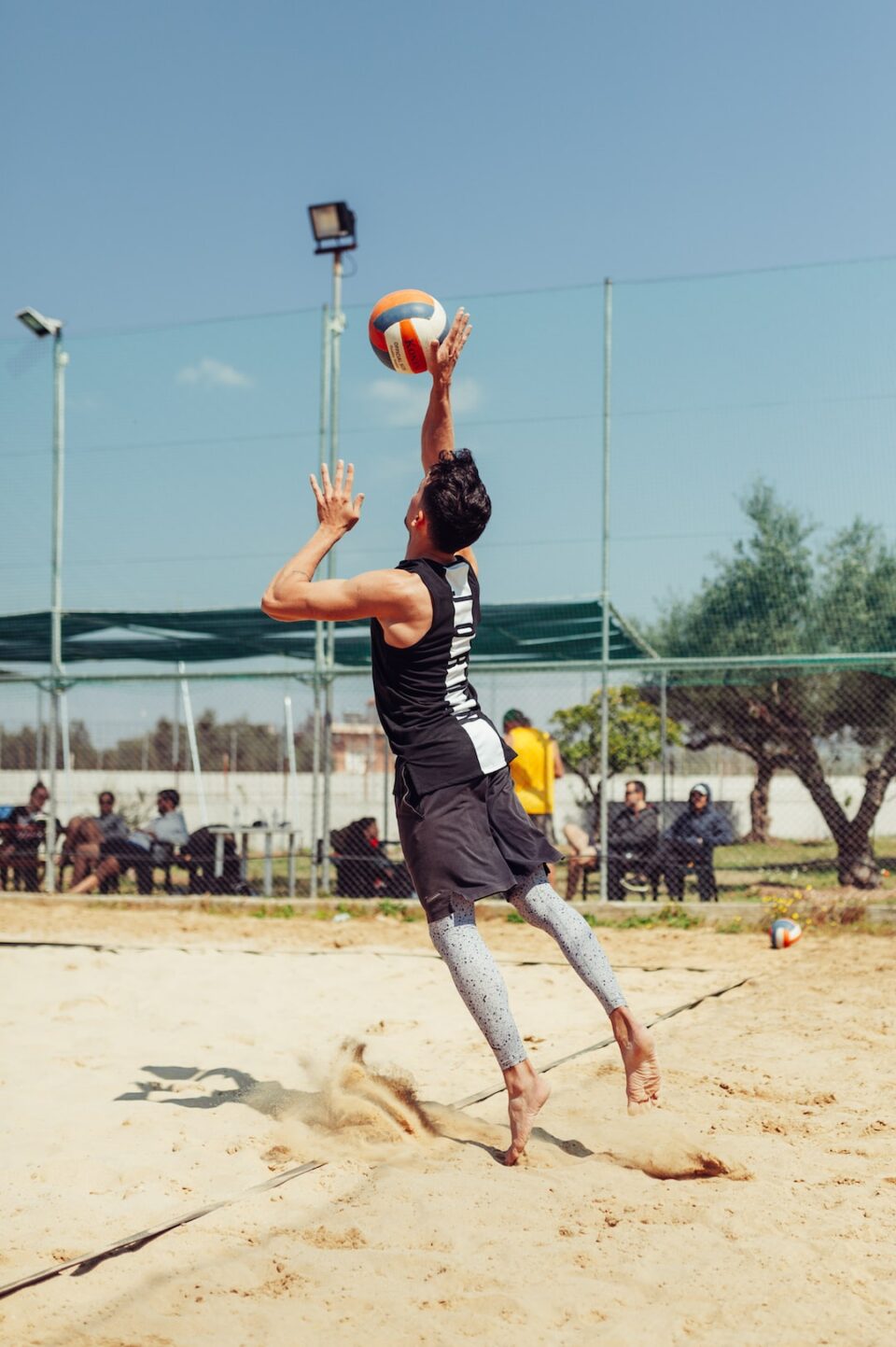The Psychological Effects of Sports on Athletes’ Well-being
Sports have always played a significant role in society, providing individuals with both physical and mental benefits. While the physical aspects of sports are widely recognized, it is equally important to understand the psychological effects that sports have on athletes’ well-being. Engaging in and excelling at sports can positively impact an individual’s mental health, self-esteem, and overall happiness.
One of the key psychological benefits of sports is stress reduction. Regular physical activity, including sports, has been proven to help combat stress, anxiety, and depression. Athletes experience a release of endorphins during exercise, commonly referred to as the “feel-good” hormones, which are responsible for reducing stress and enhancing their overall mood. Engaging in sports also serves as a distraction from everyday worries and gives athletes a sense of control over their lives, contributing to a sense of calm and happiness.
Furthermore, participation in sports often fosters a sense of belonging and camaraderie, leading to improved social and emotional well-being. Athletes are exposed to a supportive and tight-knit community, offering opportunities for friendship, teamwork, and collaboration. The bonds formed within sports teams create a support system that promotes mental resilience, provides emotional stability, and reduces feelings of isolation. Athletes often report feeling a sense of unity, belongingness, and identity through their involvement in sports, leading to increased self-confidence and an improved self-concept.
Sports also significantly impact an athlete’s self-esteem and self-image. As athletes progressively improve their performance and achieve their goals, they develop a sense of competence and mastery, leading to increased self-esteem. Success in sports requires discipline, determination, and hard work, which can translate into other areas of life, empowering athletes to believe in their abilities and strive for excellence. This enhanced self-esteem positively influences an athlete’s overall well-being, mental resilience, and their ability to manage challenges in life beyond sports.
Another crucial psychological aspect of sports is the development of valuable life skills. Athletes often possess enhanced problem-solving abilities, discipline, perseverance, and the ability to manage adversity. These skills learned through sports are transferable to various aspects of an athlete’s life, such as academics, professional careers, and personal relationships. The ability to set and achieve goals, work collaboratively as part of a team, and navigate through setbacks builds resilience and fosters personal growth, contributing to overall well-being.
While the psychological effects of sports are generally positive, it is essential to address the potential negative consequences as well. High levels of competitiveness, unrealistic expectations, and pressure from coaches, teammates, and spectators can lead to excessive stress and anxiety, culminating in negative outcomes. Athletes may experience burnout, injuries, or performance-related psychological disorders if not adequately supported and managed. Therefore, it is crucial for athletes to have access to a supportive network, including coaches, teammates, and mental health professionals, as they navigate the challenges associated with sports.
In conclusion, sports have a profound impact on athletes’ psychological well-being. Engaging in sports provides athletes with stress reduction, a sense of belonging, and an improved self-esteem. Furthermore, sports contribute to the development of essential life skills, empowering athletes to succeed in various areas of life. However, it is essential to recognize and address the potential negative consequences associated with sports. By fostering a supportive environment and prioritizing the mental well-being of athletes, sports can continue to positively shape individuals’ lives both on and off the field.

